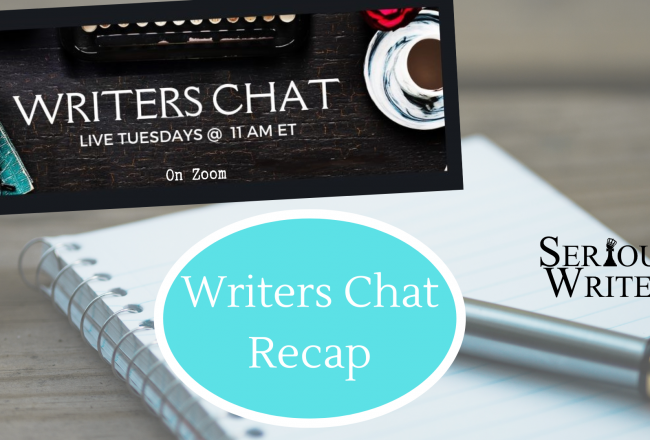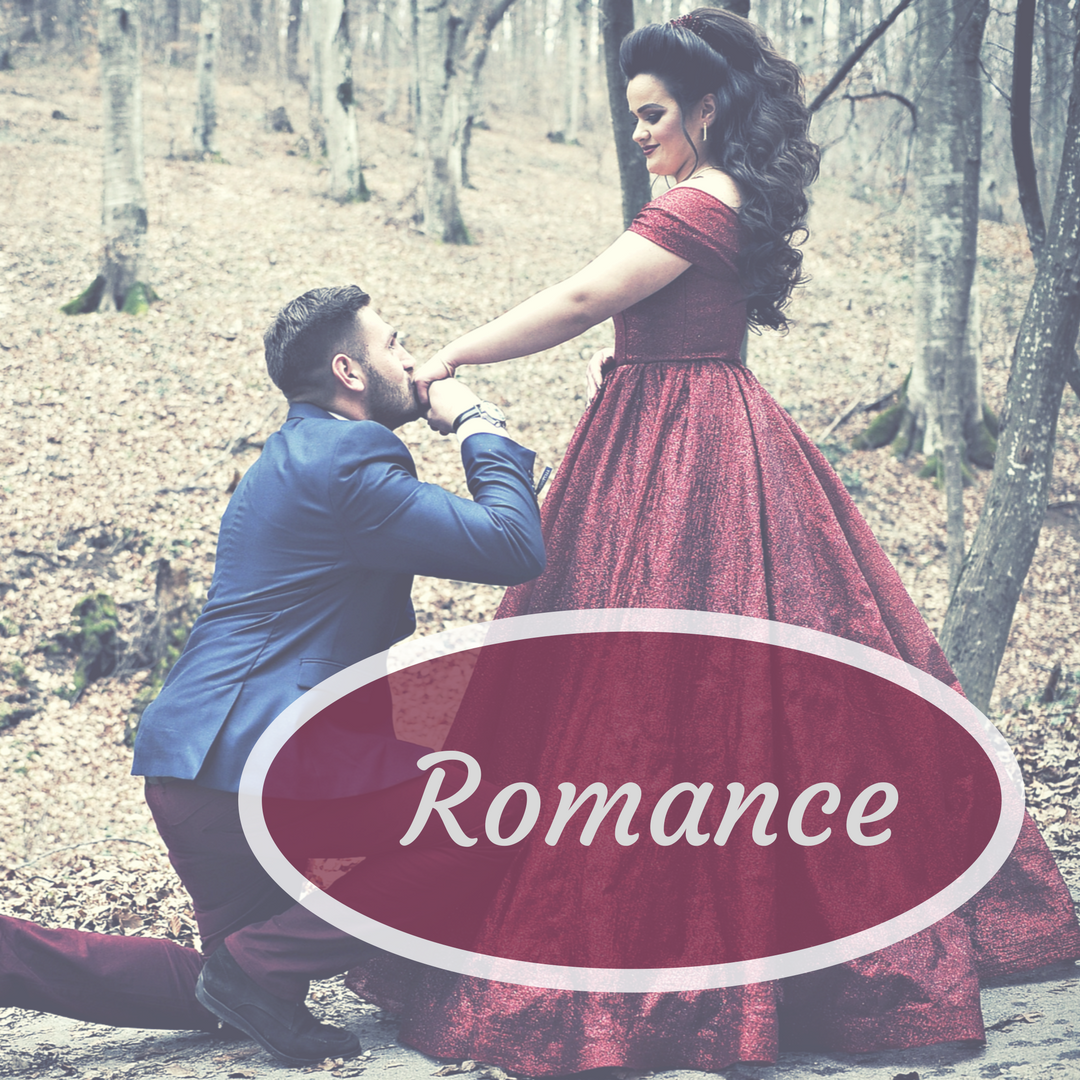
Getting Inside the Romantic Hero’s Head—Part II
[bctt tweet=”Have you ever wondered what the opposite sex is thinking while you’re thinking? Men, as a rule, think…
September 23, 2018
[bctt tweet=”Have you ever wondered what the opposite sex is thinking while you’re thinking? Men, as a rule, think…
September 23, 2018
Hello! How’s your editing been going for you? I hope you’re seeing great improvement, but if you’re at a…
September 22, 2018
Last month we looked at an overview of writing nonfiction for kids. This month we focus in on writing…
September 21, 2018
I enjoy digging into the past, following bunny trails of history, and learning about cultures long interred and nearly…
September 20, 2018
I love it when the Lord uses everyday activities to teach me. Sharing one of many lessons on what…
September 19, 2018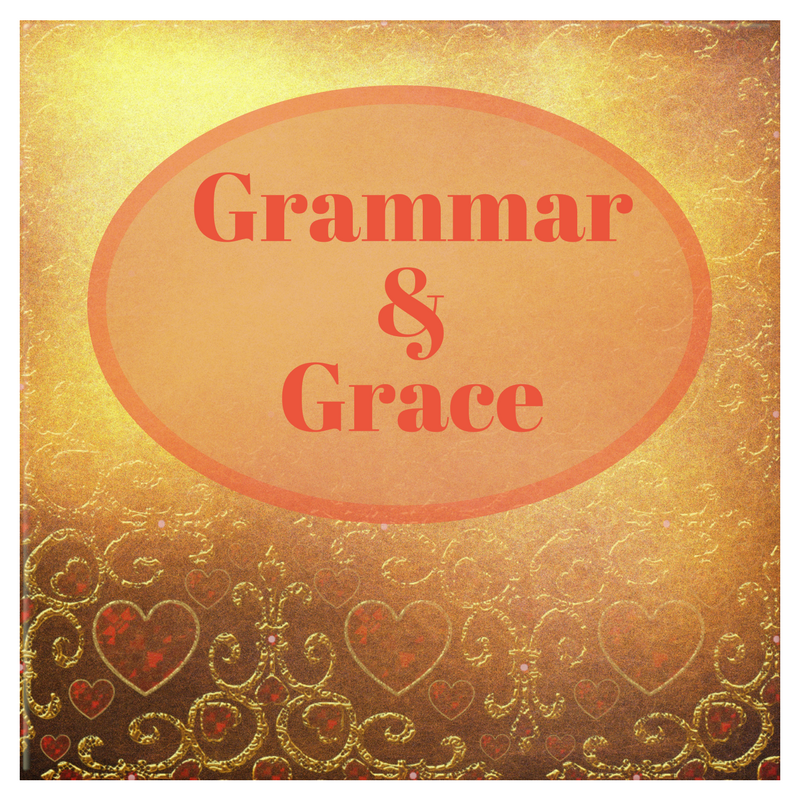
Last year, we explored seven of the eight parts of speech. Then I took a break to address compound…
September 18, 2018
Writing a book is a process. It began as a school assignment for my granddaughter when she was in…
September 17, 2018
When you think about the word “brand,” what comes to mind? A metal tool used with cattle? A particular…
September 16, 2018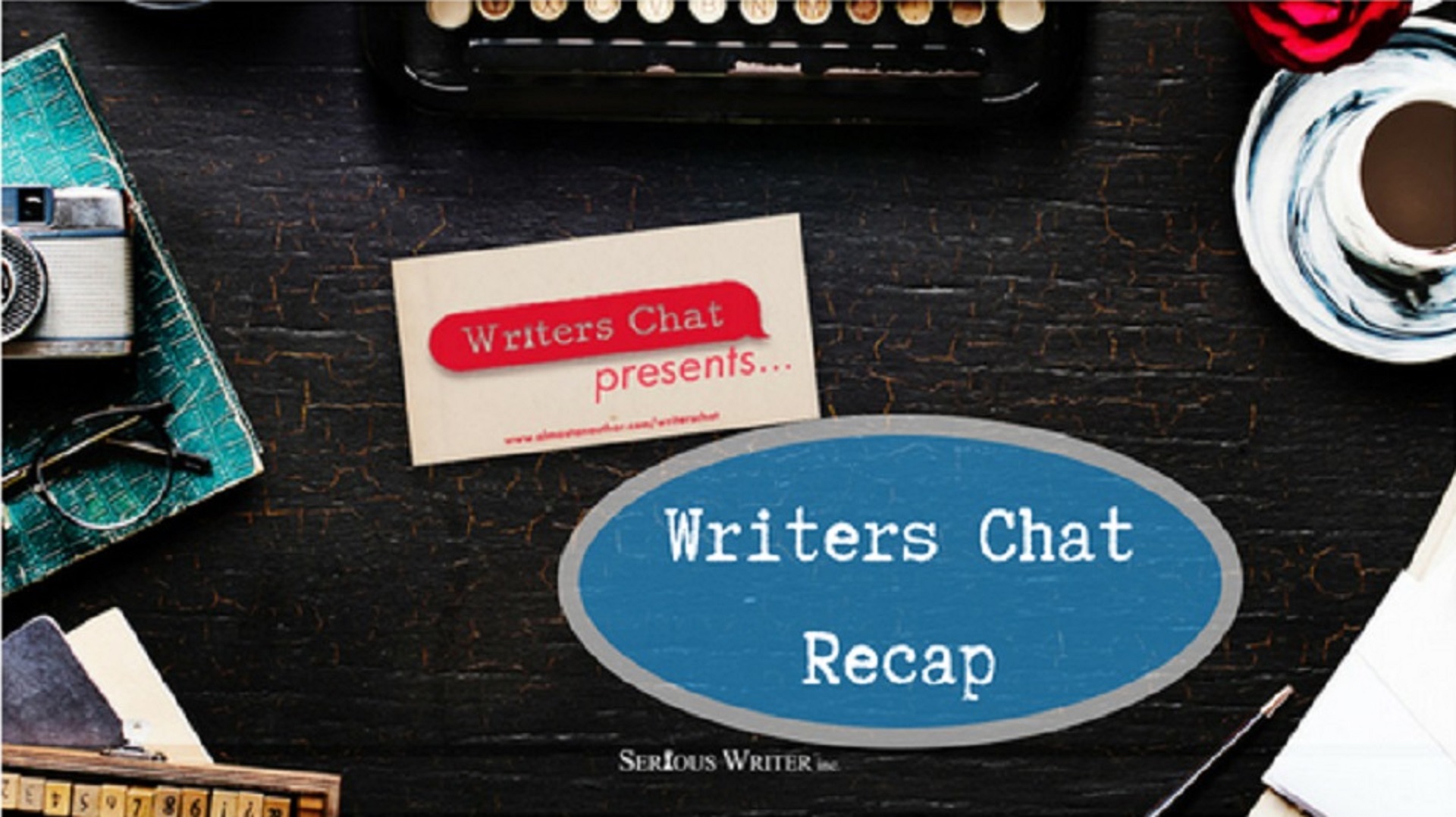
Writers Chat, hosted by Jean Wise, Johnnie Alexander, and Bethany Jett, is the show where we talk about all…
September 15, 2018
“Lisa, everyone is asking me when they can buy a copy of the book.” I looked at my friend…
September 15, 2018
When I began writing I had small children at home. I wrote in my head all day long and…
September 14, 2018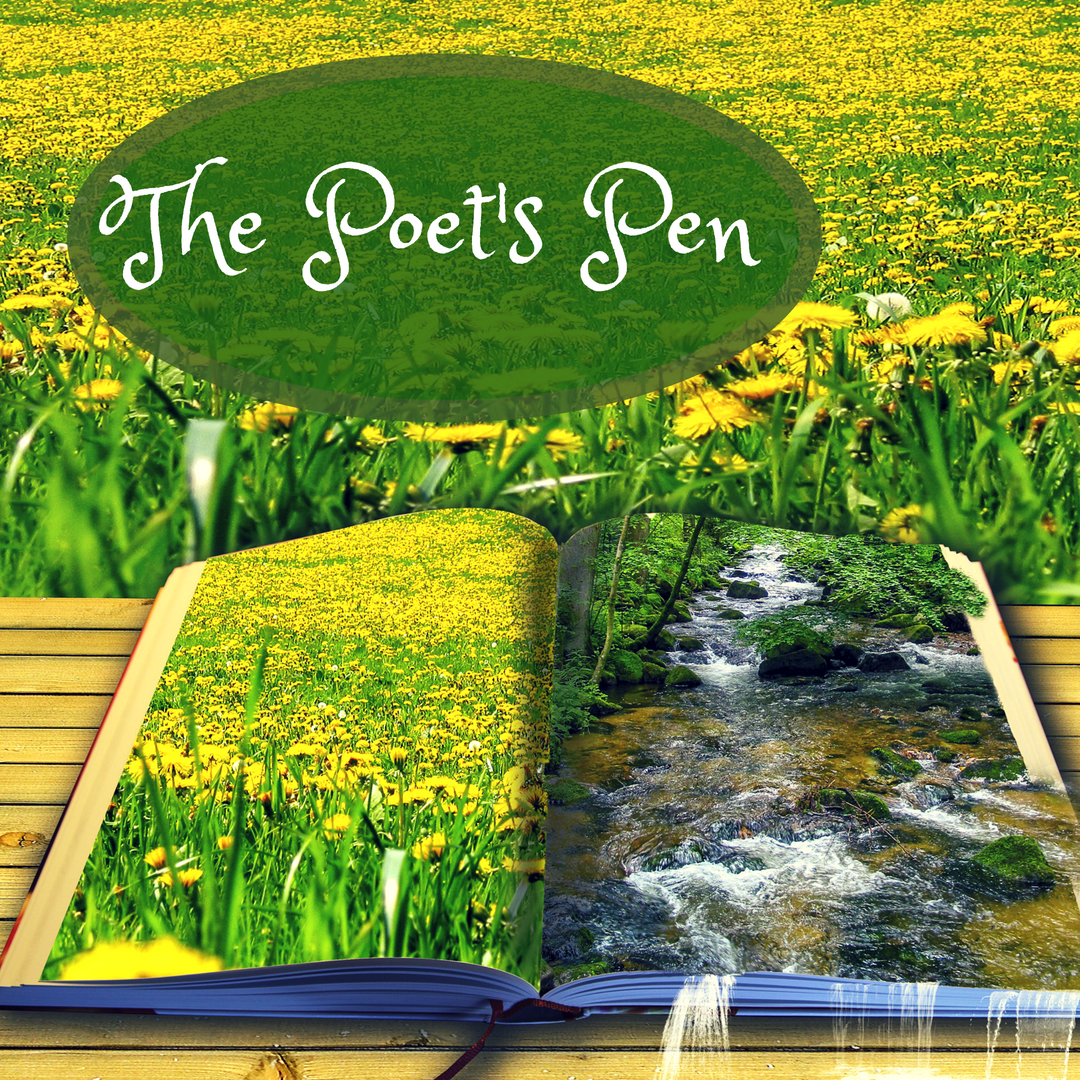
All writing is about “words” but poetry uses concise words in a concise order. One word in a poem…
September 13, 2018
I recently finished making wording changes on a self-published book that had already been typeset and printed — or…
September 12, 2018
The voice of negativity is a plague for writers. I know you’ve heard that voice because I hear it…
September 11, 2018
What is Metadata? Metadata is the information you give to Amazon (or other distributors) that instructs them on where…
September 10, 2018
Write Every Day It’s oft-given advice for aspiring writers. If you want to become a good writer, you should…
September 8, 2018
Browse through your local bookstore and you’ll notice fairytale retellings are quite popular across multiple genres. These tales have…
September 7, 2018
Clutter: (verb) to crowd something untidily. I have a confession to make: I am a clutter person. I once read an…
September 6, 2018
When I was first asked to be a contributing writer to a new column on time management, at first…
September 5, 2018
Every writer has a desire to learn the craft, screenwriters more so. However, their journey is complicated by the…
September 4, 2018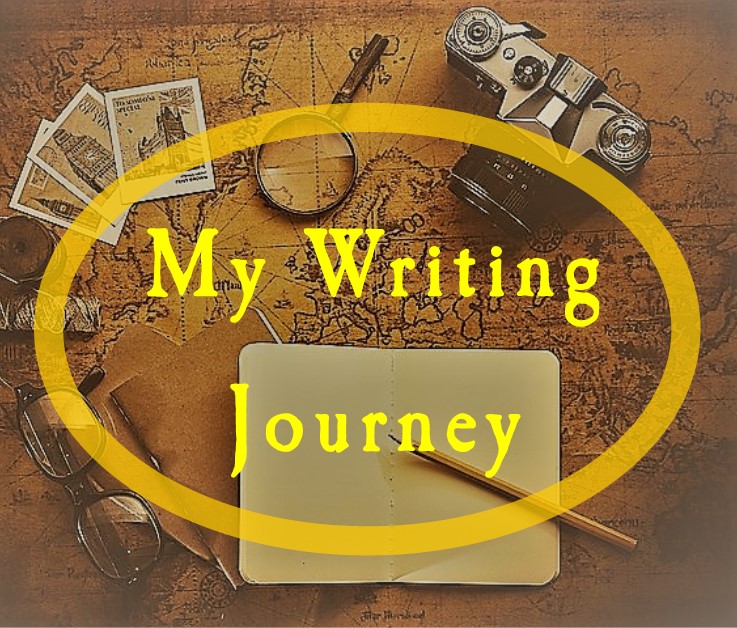
Doubts assailed me as I stood on the mountain anticipating my first Christian writers conference. Fear tainted my excitement,…
September 3, 2018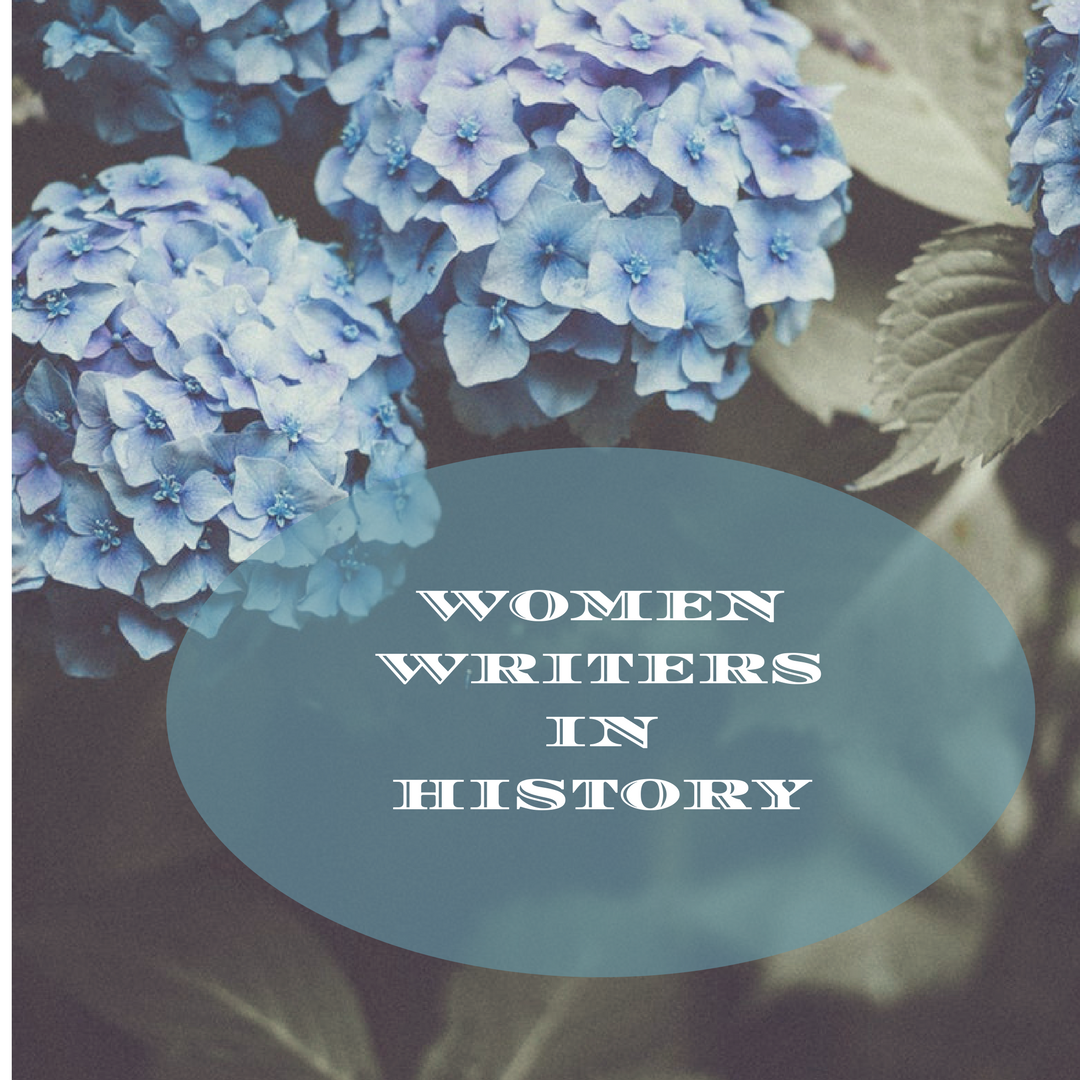
In last month’s post, I shared about the disturbing trend of imposing modern standards to classic works of literature…
September 2, 2018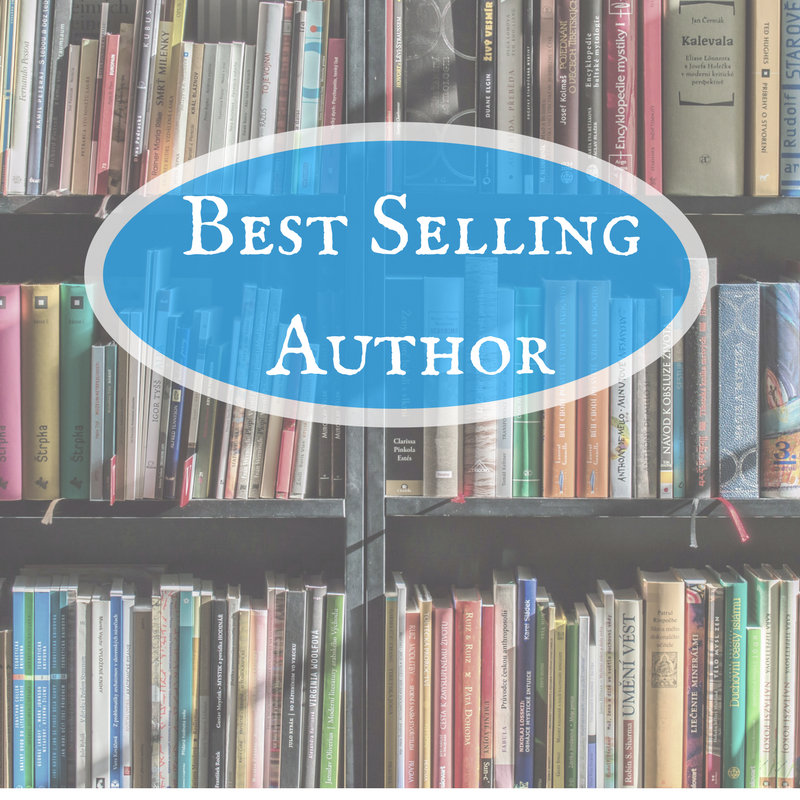
Can you share a little about your recent book? The one I’m working on right now is called Flotsam…
September 1, 2018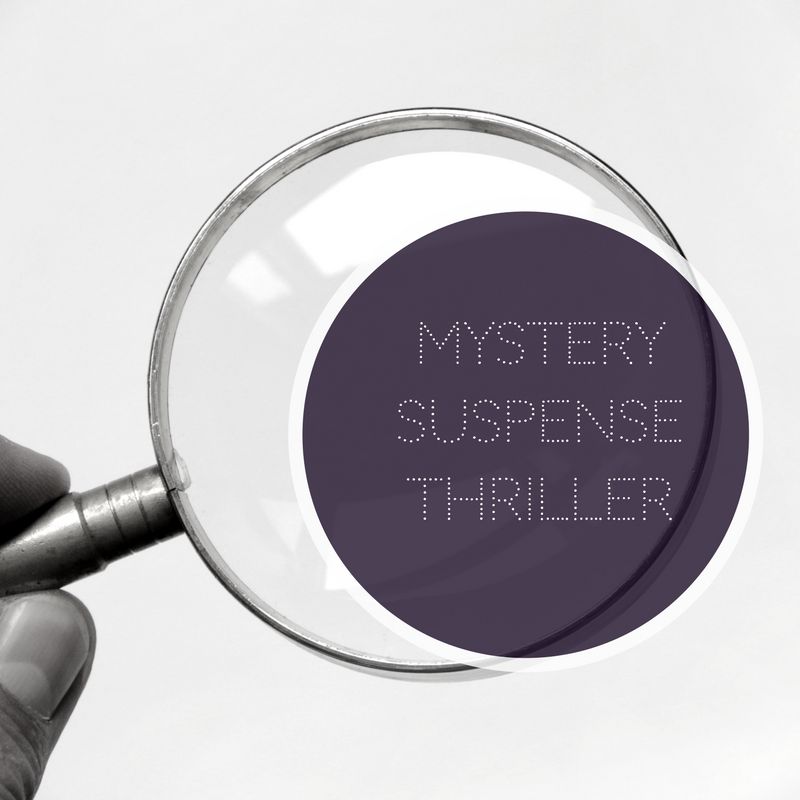
Once upon a time writers actually left their characters hanging from cliffs. In the early days of movies, when…
August 31, 2018
Writers Chat, hosted by Jean Wise, Johnnie Alexander, and Bethany Jett, is the show where we talk about all…
August 30, 2018

